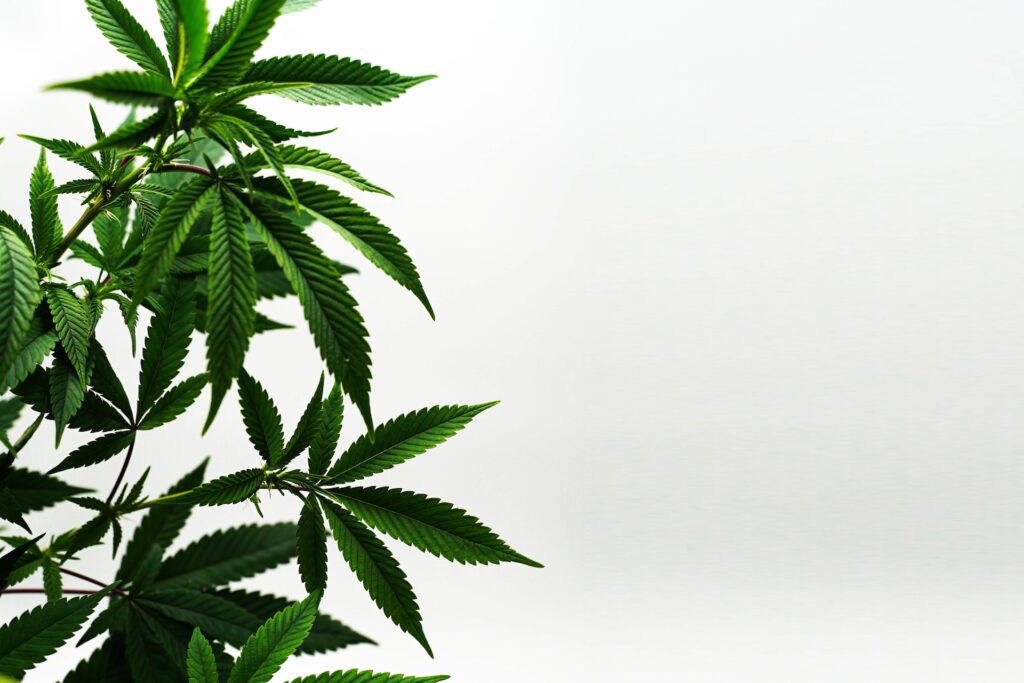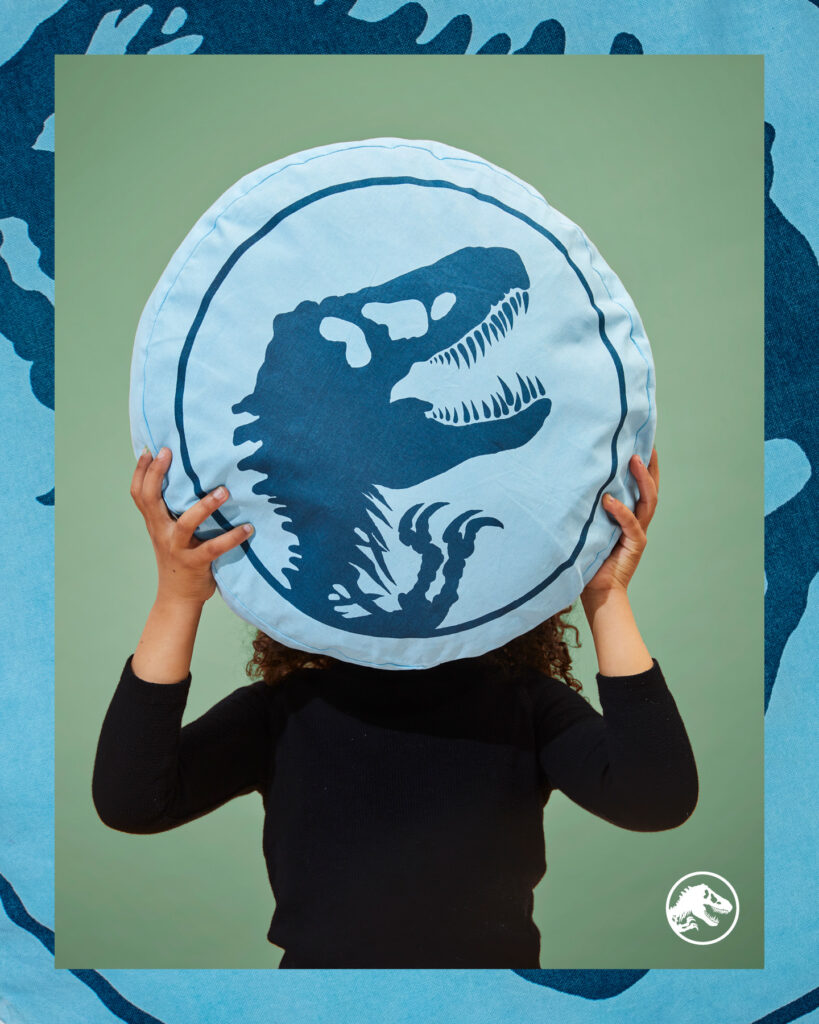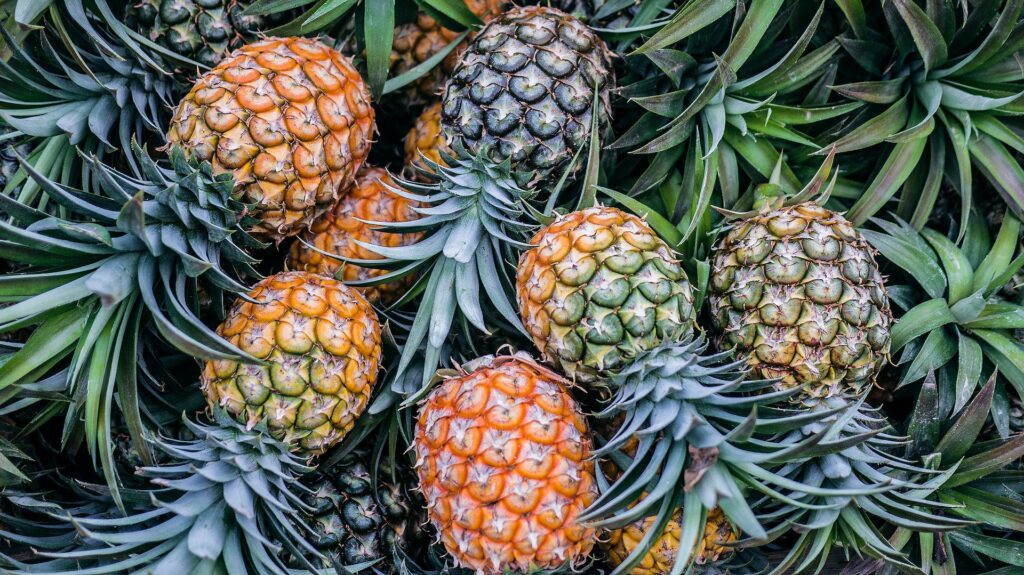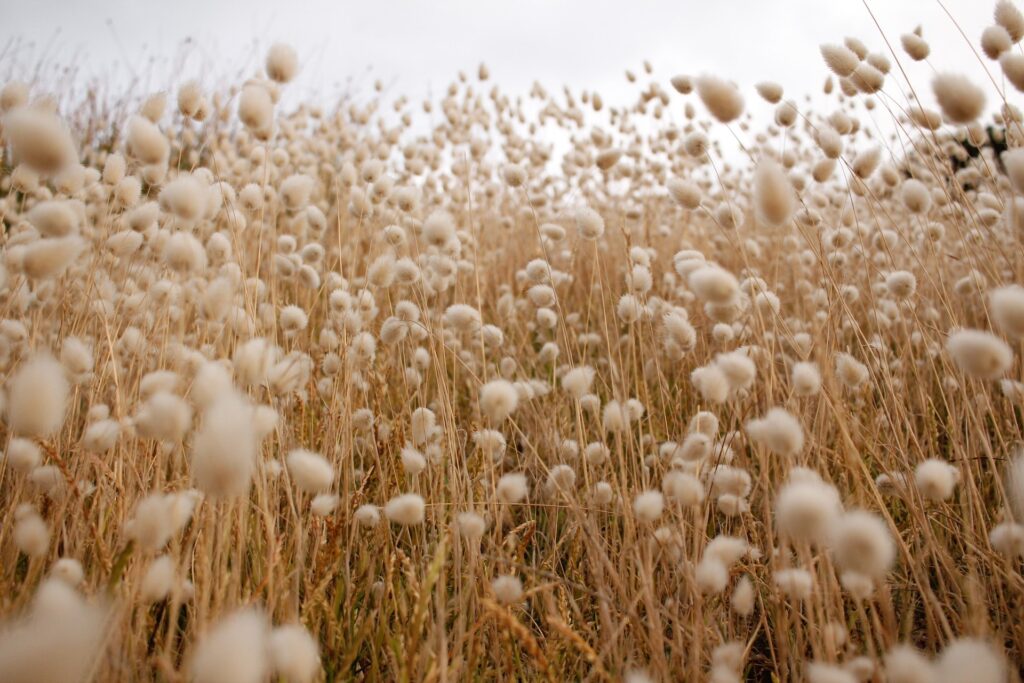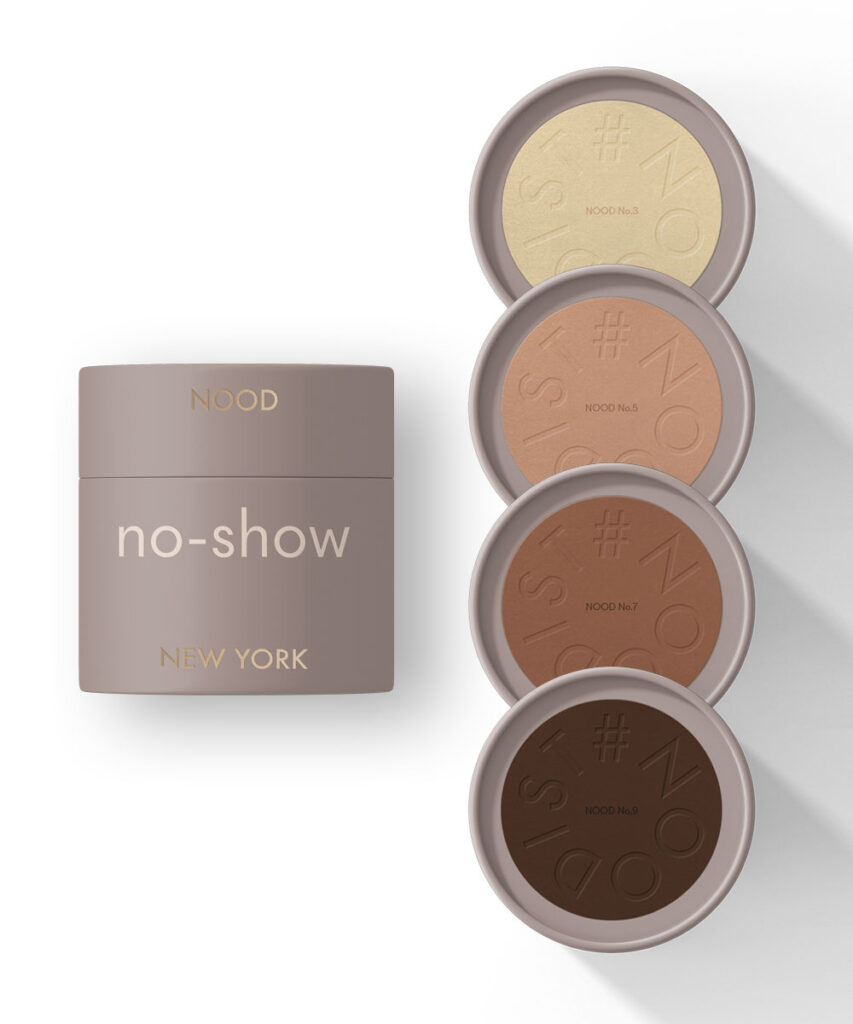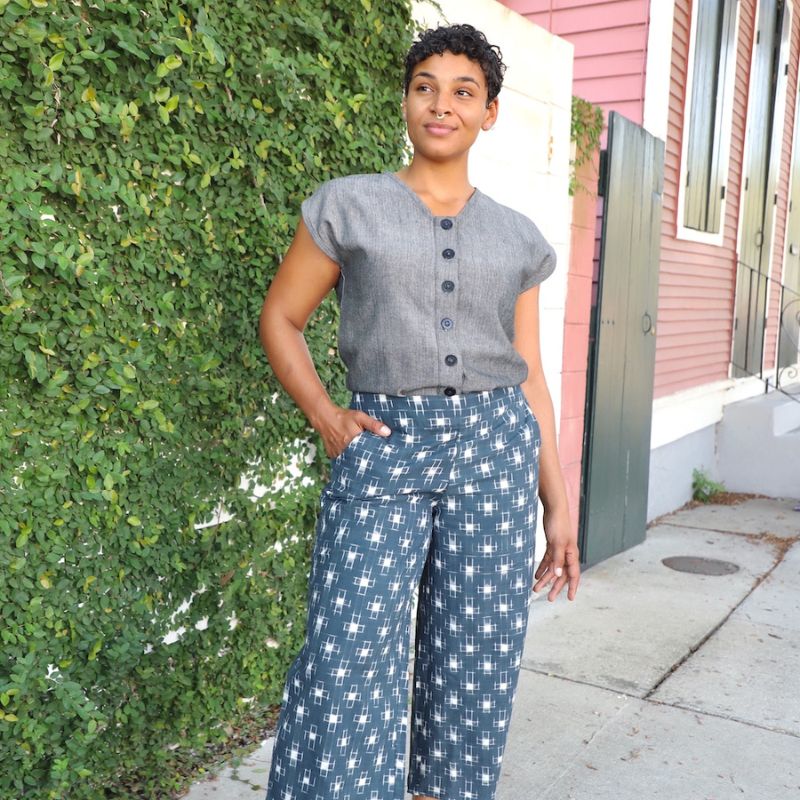As the environmental impact of the fashion industry becomes a greater and greater issue, it is important to seek out alternative fabrics for our clothing. Traditional materials such as polyester and cotton have significant ecological footprints, but there are many alternatives possible that offer both sustainability and style. In this article, we will cover six environmentally friendly fabrics that provide unique qualities and minimize harm to the planet. If we embrace these different fabrics, we can make better choices that support a greener fashion industry without sacrificing style or comfort.
1. Hemp Fabric
Hemp fabric is both versatile and sustainable compared to other clothing materials. It comes, of course, from the hemp plant, which is also known as the Cannabis sativa plant. The plant itself is extremely easy to grow and requires very little water or pesticides. This makes it an extremely eco-friendly fabric.
It has a long history in the textile world and is a great choice for items that require frequent washing. It’s known for its durability and it softens after each wash, resulting in a long-lasting material. Additionally, hemp has very good breathability and is naturally resistant to both mold and mildew. Hemp fabric can be used for denim jeans and other accessories, offering a comfortable and sustainable option for fashion enthusiasts.
2. Tencel
Tencel, also known as lyocell, is a fabric made from wood pulp sourced from sustainably managed forests. The production process involves using a closed-loop system that minimizes waste and chemical usage. Tencel has a silky texture, very good moisture absorption and breathability, making it a very comfortable choice for clothing.
Another advantage of tencel is its biodegradable qualities, which makes it an environmentally friendly alternative. It is rapidly becoming a viable fabric for fast fashion, with the hopes to replace the massive landfills full of mass-produced clothing around the world. Tencel fabrics are used for various garments, ranging from soft dresses to jeans, and offer both style and sustainability.
3. Bamboo Fabric
Bamboo fabric is soft, breathable, and eco-friendly, and is a material derived from the cellulose of bamboo plants. It has gained recognition for its moisture resistance, which makes it an excellent choice for swimwear and athletic clothing. Bamboo fabric socks, underwear, and other protective clothing are also becoming extremely economical alternatives to their cotton competitors.
It provides natural UV protection and has antimicrobial properties, ensuring both freshness and odor resistance. The fabric itself is highly sustainable because of how quickly bamboo grows and regenerates itself. It has even allowed businesses to branch out into new and unique styles of clothing, like bamboo socks. Choose clothing made from bamboo fabric to support renewable resources and reduce your carbon footprint.
4. Piñatex
Piñatex is made from pineapple leaf fibers, which are a byproduct of natural pineapple harvest, making it a very innovative fabric. It offers an alternative to leather, with similar texture and durability, but without the animal cruelty guilt that can come with leather. Piñatex is not only waterproof, but also lightweight and flexible, which makes it suitable for many different applications in fashion, such as shoes, bags, and other accessories.
Because it utilizes pineapple leaf fibers, Piñatex reduces waste from the farming itself and provides additional income for the farming community. It is just one of the many new fabrics arising from the production or manufacturing of materials unrelated to the fashion world. Piñatex is a great choice for a vegan alternative to animal-derived materials.
5. Recycled Polyester
Recycled polyester is a fabric made from old plastic bottles or industrial polyester waste. By repurposing existing materials, it reduces the demand for virgin polyester production and helps move waste out of landfills. Recycled polyester has extremely similar qualities to traditional polyester, such as its durability, wrinkle resistance, and fast drying capabilities. It is very commonly used in activewear, outdoor gear, and other everyday clothing. Recycled polyester promotes the circular economy and makes the fashion industry much more sustainable.
6. Organic Cotton
Organic cotton is grown the same as normal cotton, without the use of synthetic fertilizers, pesticides, or genetically modified organisms. It promotes soil fertility and reduces water consumption, which makes it a much more sustainable fabric than conventional cotton. Organic cotton fabrics are soft, breathable, and hypoallergenic, and offer sustainability and style. Cotton clothing is the most prevalent fabric, and can be found in whatever style or setting fits you best. With the increasing awareness of the negative environmental impact of conventional cotton farming, choosing organic cotton supports healthier ecosystems and improved working conditions for farmers.
In a time where sustainability and ethical practices are gaining traction in the fashion industry, alternative fabrics offer a very promising solution. Embracing the innovative materials included in this article, fashion enthusiasts can contribute to a much greener future while still expressing their personal style.


